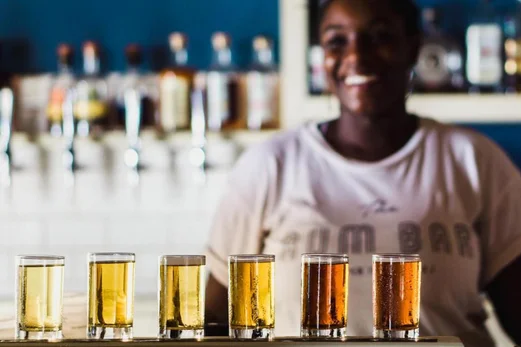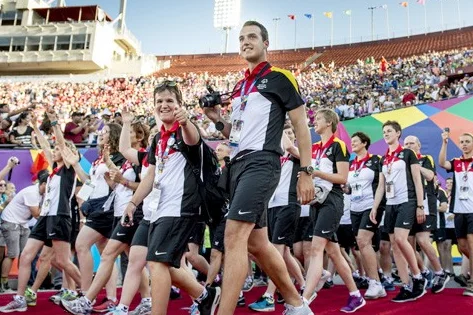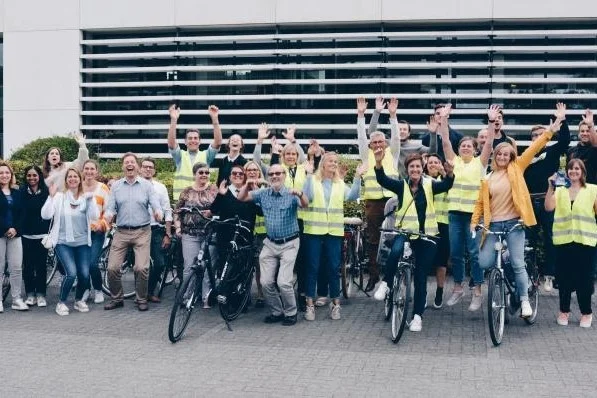How Craft Brewers Are Embracing Sustainability

Brewing as we know it is not a sustainable practice. According to the University of Vermont, it takes between three to seven barrels of water to make one single barrel of beer.
Then factor the energy used in the fermentation process, the gas burned to ship ingredients across the country and the refuse by products of canning. When the brewing is done, what’s left behind is waste: undrinkable water and spent grains and hops.
New Belgium’s Fat Tire made headlines last year when it became the first major brewery to achieve carbon-neutral certification. In the process, the brewery created an open-source blueprint for others to follow in their path in the process. But while the brewery, the fourth-largest craft brewer in the country, has funneled significant investments into meeting global sustainability standards through renewable energy and heat recovery initiatives, not every brewery has access to that kind of capital.
So craft brewers are getting creative, implementing unique ways to decrease their use of natural resources. Methods include upcycling used water, taking land stewardship initiatives and recovering carbon dioxide from the fermentation cycle. The planet reaps the benefits, but increasingly, the consumer does as well: A 2018 study found a majority of U.S. beer drinkers would pay more for sustainably-produced beer. On average, they would pay around $1.30 more per six-pack.
Sustainability has been top of mind for Mountain Tap since the brewery launched. “When planning the buildout of the brewpub, Mountain Tap had to start from scratch on all of our mechanical equipment. As such, we were able to take advantage of high-efficiency equipment including an energy recovery ventilation unit and a Rinnai tankless water heater that provides makeup water for brewing,” says Tucciarone.
 Albania
Albania Algeria
Algeria Andorra
Andorra Argentina
Argentina Armenia
Armenia Australia
Australia Austria
Austria Azerbaijan
Azerbaijan Bahrain
Bahrain Belgium
Belgium Bolivia
Bolivia Brazil
Brazil Bulgaria
Bulgaria Cambodia
Cambodia Cameroon
Cameroon Canada
Canada Chad
Chad Chile
Chile China
China Colombia
Colombia Costa Rica
Costa Rica Croatia
Croatia Cyprus
Cyprus Czechia
Czechia Denmark
Denmark Ecuador
Ecuador Egypt
Egypt Finland
Finland France
France Georgia
Georgia Germany
Germany Ghana
Ghana Greece
Greece Hungary
Hungary Iceland
Iceland India
India Indonesia
Indonesia Ireland
Ireland Italy
Italy Jamaica
Jamaica Japan
Japan Jordan
Jordan Kazakhstan
Kazakhstan Kenya
Kenya Kuwait
Kuwait Latvia
Latvia Lebanon
Lebanon Libya
Libya Lithuania
Lithuania Luxembourg
Luxembourg Malaysia
Malaysia Maldives
Maldives Mali
Mali Malta
Malta Mexico
Mexico Moldova
Moldova Monaco
Monaco Morocco
Morocco Netherlands
Netherlands New Zealand
New Zealand Nigeria
Nigeria North Macedonia
North Macedonia Norway
Norway Oman
Oman




